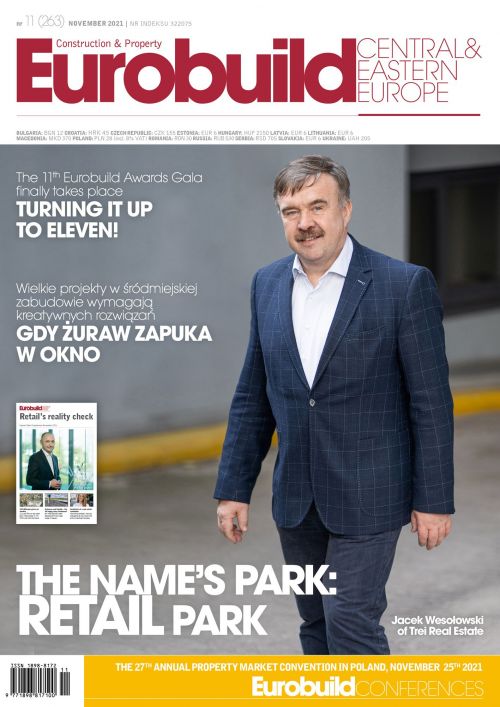Could you maybe introduce your company to our readers? When and where was it founded and by whom? And what was the main inspiration for starting the firm?
Nick Carter, founder and CEO of Ingenious.Build: Our project (formerly IngeniousIO) is a cutting-edge management platform specifically designed for the real estate development and construction sectors. My background is in software, but I ended up owning a hardwood plywood mill, a concrete company and an architecture firm. I saw how extremely inefficiently this industry actually operates. Everyone always celebrates the successful completion of a development, but I noticed no one was really digging deeper into the costs and the risks involved. I rolled the IP I owned into an entity back in 2016, but I didn’t really start pushing forward with it until the end of 2018.
So in your words, what do you offer that’s different from your competitors?
Everyone talks about collaboration in this sector. I feel that this term tends to get





























































